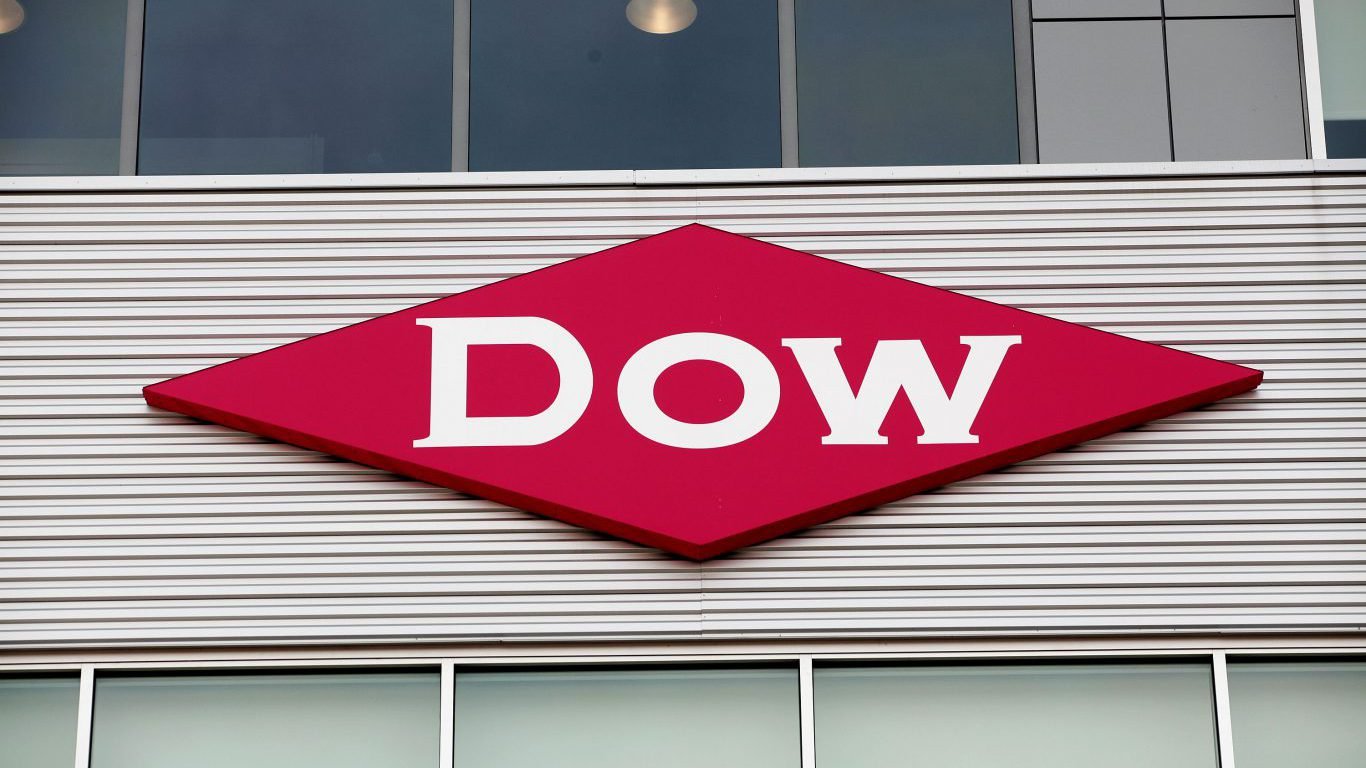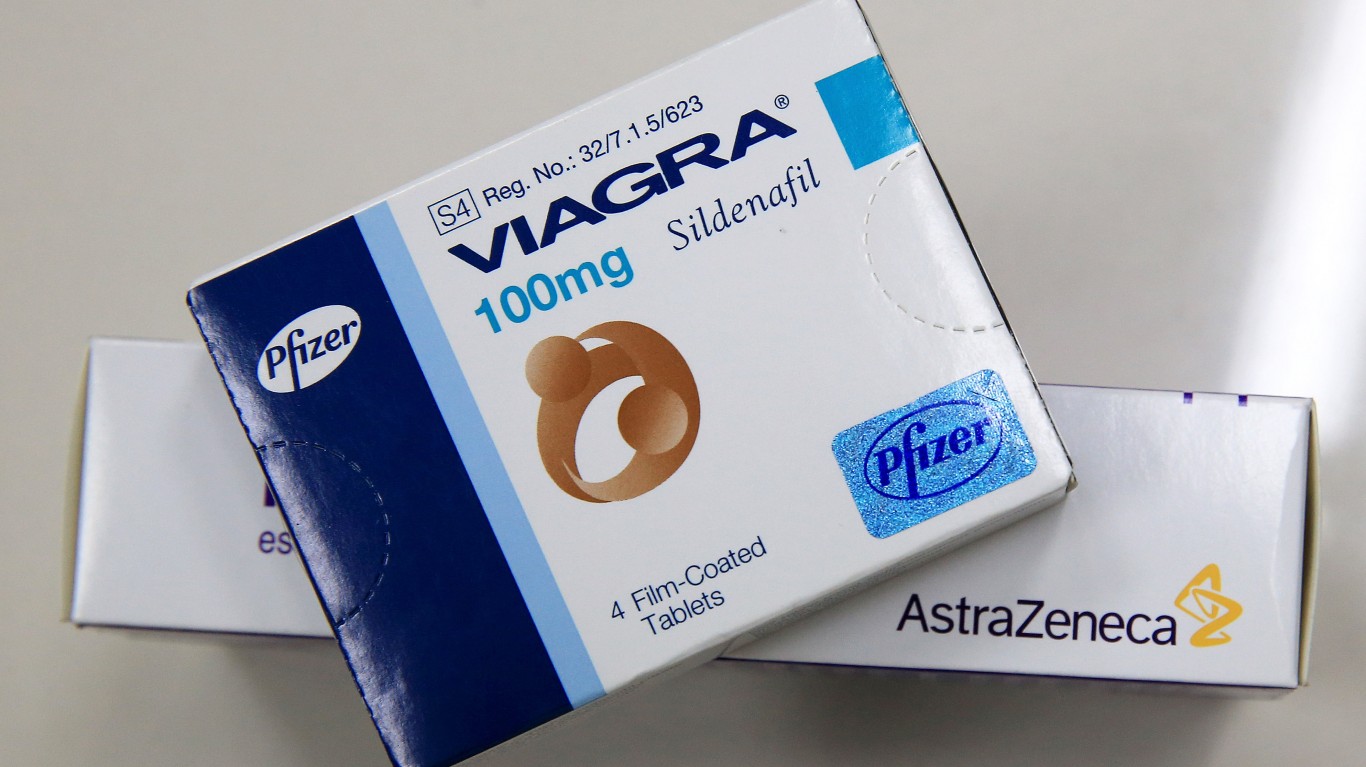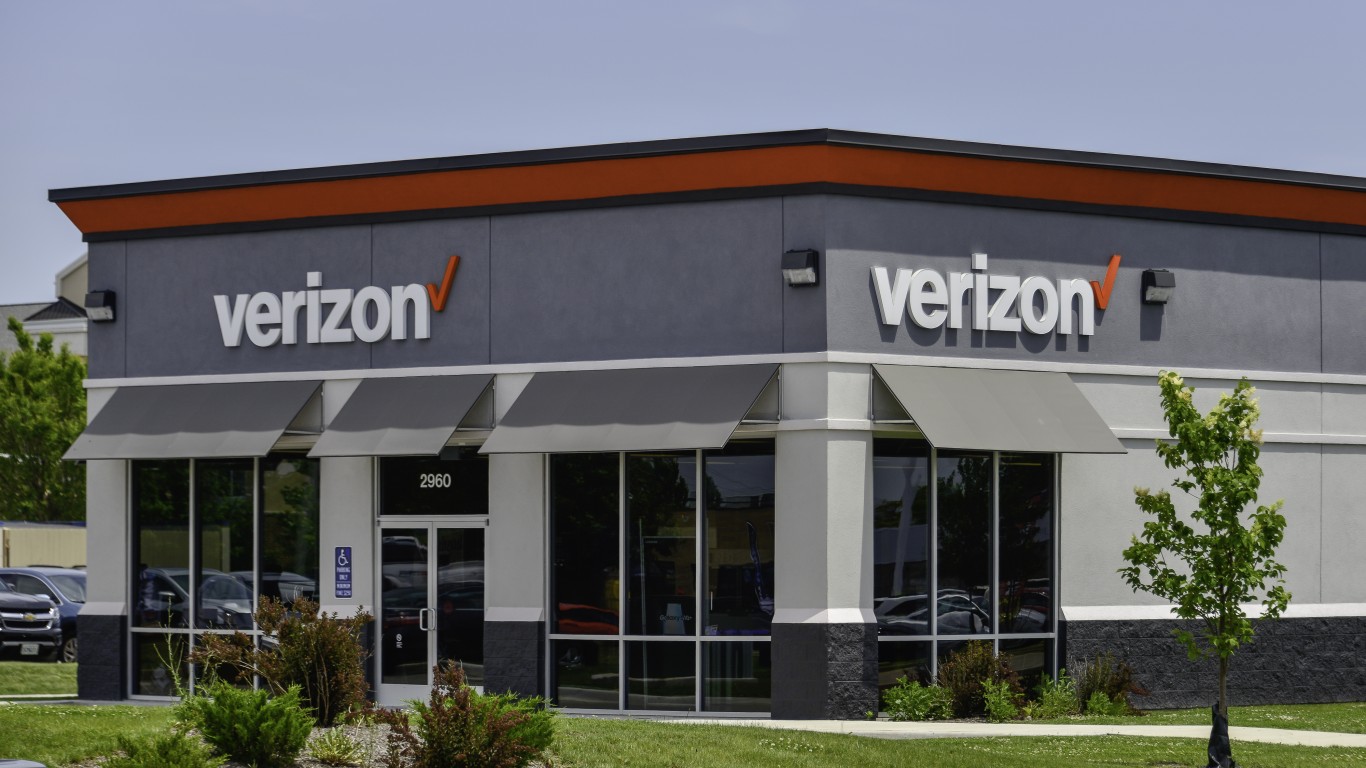

24/7 Insights
- Dividend stocks are one of the best ideas to generate passive income.
- Wells Fargo is very positive on High Yield Equity Income ideas.
- Access 2 legendary, high-yield dividend stocks Wall Street loves.
Dividend stocks are a popular choice among investors for several reasons. They provide a steady income stream and offer a promising avenue for total return. Total return, a comprehensive measure of investment performance, includes interest, capital gains, dividends, and distributions realized over time.
In other words, it’s the sum of all the returns an investor receives from an investment, making dividend stocks an attractive option for those seeking a reliable and potentially lucrative investment.
With all the major indices hitting all-time highs, it makes sense to consider moving from higher-volatility tech stocks and AI plays to dividend stocks. Dividend stocks can provide investors with a degree of safety and a stream of passive income.
We meticulously screened the Wells Fargo High-Yield Equity Income research report for quality blue-chip dividend stocks. As a result, we identified 6 stocks that not only offer substantial dividends but are priced to potentially deliver significant returns as investors shift their focus back to dividend ideas.
Why do we cover dividend stocks?

Dividend stocks provide investors with reliable streams of passive income. Passive income is characterized by its ability to generate revenue without requiring the earner’s continuous active effort, making it a desirable financial strategy for those seeking to diversify their income streams or achieve financial independence.
Chevron

This integrated giant is a safer way for investors looking to get positioned in the energy sector, and it pays a rich 4.14% dividend. Chevron Corp. (NYSE: CVX) engages in integrated energy and chemicals operations worldwide through its subsidiaries.
The company operates in two segments:
- Upstream
- Downstream
The Upstream segment is involved in the following:
- Exploration, development, production, and transportation of crude oil and natural gas
- Processing, liquefaction, transportation, and regasification associated with liquefied natural gas
- Transportation of crude oil through pipelines
- Transportation, storage, and marketing of natural gas, as well as operating a gas-to-liquids plant
The Downstream segment engages in:
- Refining crude oil into petroleum product
- Marketing crude oil, refined products, and lubricants
- Manufacturing and marketing renewable fuels
- Transporting crude oil and advanced products by pipeline, marine vessel, motor equipment, and rail car
- Manufacturing and marketing of commodity petrochemicals, plastics for industrial uses, and fuel and lubricant additives
Chevron announced in the fall that it has entered into a definitive agreement with Hess Corp. (NYSE: HES) to acquire all of the outstanding shares of Hess in an all-stock transaction valued at $53 billion, or $171 per share based on Chevron’s closing price on October 20, 2023. Under the terms of the agreement, Hess shareholders will receive 1.0250 shares of Chevron for each Hess share. The transaction’s total enterprise value, including debt, is $60 billion.
Three lawsuits have been filed against Hess, charging inadequate disclosure over the sale, and Chevron has said arbitration over Hess’ Guyana assets could delay the closing timeline until October 2025. However, most Wall Street analysts feel the deal ultimately will get done, and
Dow

This company was spun out from Dupont in 2019 and offers investors growth and income potential with a hefty 4.82% dividend. Dow Inc. (NYSE: DOW) is a leading materials science company formed by the merger of Dow and DuPont in 2017 and subsequent spin in 2019.
The company is organized into three principal divisions:
- Performance Materials & Coatings
- Industrial Intermediates & Infrastructure
- Packaging & Specialty Plastics
The company’s segments include Agricultural Sciences, which provides crop protection, seed/plant biotechnology products and technologies, urban pest management solutions, and healthy oils.
Consumer Solutions, which consists of:
- Consumer Care
- Dow Automotive Systems
- Dow Electronic Materials
- Consumer Solutions-Silicones businesses
Infrastructure Solutions, which consists of:
- Dow Building & Construction
- Dow Coating Materials
- Energy & Water Solutions
- Performance Monomers and Infrastructure Solutions-Silicones businesses
- Performance Materials & Chemicals, which consists of Chlor-Alkali and Vinyl, Industrial Solutions and Polyurethanes businesses
- Performance Plastics, which consists of Dow Elastomers, Dow Electrical and Telecommunications, Dow Packaging and Specialty Plastics
- Energy and Hydrocarbons business
Entergy

This top utility stock always makes sense for conservative investors and pays a rich 4.04% dividend. Together with its subsidiaries, Entergy Corp. (NYSE: ETR) produces and distributes electricity in the United States.
It operates in two segments:
- Utility
- Entergy Wholesale Commodities
The Utility segment generates, transmits, distributes, and sells electric power in portions of:
- Arkansas,
- Louisiana,
- Mississippi, and
- Texas
- City of New Orleans
The company also distributes natural gas.
The Entergy Wholesale Commodities segment is involved in:
- The ownership, operation, and decommissioning of nuclear power plants located in the northern United States
- Sale of electric power to wholesale customers
- Provision of services to other nuclear power plant owners
- Ownership of interests in non-nuclear power plants that sell electric power to wholesale customers
The company generates electricity through gas, nuclear, coal, hydro, and solar sources. It sells energy to retail power providers, utilities, electric power co-operatives, power trading organizations, and other power generation companies.
Its power plants have approximately 24,000 megawatts (MW) of electric generating capacity, which includes 5,000 MW of nuclear power.
The company delivers electricity to 3 million utility customers in Arkansas, Louisiana, Mississippi, and Texas.
Pfizer

This top pharmaceutical stock was a massive winner in the COVID-19 vaccine sweepstakes but has been crushed as many are not getting boosters. Pfizer Inc. (NYSE: PFE) discovers, develops, manufactures, markets, distributes, and sells biopharmaceutical products worldwide and pays a hefty 6.17% dividend, which has risen yearly for the last 14 years.
The company offers medicines and vaccines in various therapeutic areas, including:
- Cardiovascular metabolic and women’s health under the Premarin family and Eliquis brands
- Biologics, small molecules, immunotherapies, and biosimilars under the Ibrance, Xtandi, Sutent, Inlyta, Retacrit, Lorbrena, and Braftovi brands
- Sterile injectable and anti-infective medicines and oral COVID-19 treatment under the Sulperazon, Medrol, Zavicefta, Zithromax, Vfend, Panzyga, and Paxlovid brands
Pfizer also provides medicines and vaccines in various therapeutic areas, such as:
- Pneumococcal disease, meningococcal disease, tick-borne encephalitis
- COVID-19 under the Comirnaty/BNT162b2, Nimenrix, FSME/IMMUN-TicoVac, Trumenba, and the Prevnar family brands
- Biosimilars for chronic immune and inflammatory diseases under the Xeljanz, Enbrel, Inflectra, Eucrisa/Staquis, and Cibinqo brands
- Amyloidosis, hemophilia, and endocrine diseases under the Vyndaqel/Vyndamax, BeneFIX, and Genotropin brands
United Parcel Service

With the explosion of internet commerce, this company has enormous growth potential and offers a hefty 4.33% dividend. United Parcel Service Inc. (NYSE: UPS) is a package delivery company that provides transportation and delivery, distribution, contract logistics, ocean freight, air freight, customs brokerage, and insurance services.
It operates through two segments:
- U.S. Domestic Package
- International Package
The U.S. Domestic Package segment offers time-definite delivery of letters, documents, small packages, and palletized freight through air and ground services in the United States.
The International Package segment provides guaranteed-day and time-definite international shipping services, comprising guaranteed-time-definite express options in:
- Europe
- Asia
- the Indian subcontinent
- the Middle East
- Africa
- Canada
- Latin America
UPS is not just a package delivery company. It also provides diverse services, including international air and ocean freight forwarding, post-sales, and mail and consulting services.
Furthermore, it offers truckload brokerage services, supply chain solutions to the healthcare and life sciences industries, financial and information services, and fulfillment and transportation management services. This broad portfolio of services ensures the company’s stability and potential for growth, making it an attractive investment option.
5 Best Dividend Stocks to Buy in June
Verizon Communications

This top telecommunications company offers tremendous value and pays investors a 6.46% dividend. Verizon Communications Inc (NYSE: VZ) through its subsidiaries, engages in the provision of communications, technology, information, and entertainment products and services to consumers, businesses, and governmental entities worldwide.
It operates in two segments:
- Verizon Consumer Group
- Verizon Business Group
The Consumer segment provides wireless services across the wireless networks in the United States under the Verizon and TracFone brands and through wholesale and other arrangements; and fixed wireless access (FWA) broadband through its wireless networks, as well as related equipment and devices, such as smartphones, tablets, smartwatches, and other wireless-enabled connected devices.
The segment also offers wireline services in the Mid-Atlantic and Northeastern United States through its fiber-optic network, Verizon Fios product portfolio, and a copper-based network.
The Business segment provides wireless and wireline communications services and products, including:
- FWA broadband
- Data
- Video and conferencing
- Corporate networking
- Security and managed network
- Local and long-distance voice
- Network access services to deliver various IoT services and products to businesses, government customers, and wireless and wireline carriers in the United States and internationally
∴
You have the option to opt-out of these emails at any moment. For more information, please review our Disclaimer and Terms of Use.
Thank you for reading! Have some feedback for us?
Contact the 24/7 Wall St. editorial team.



